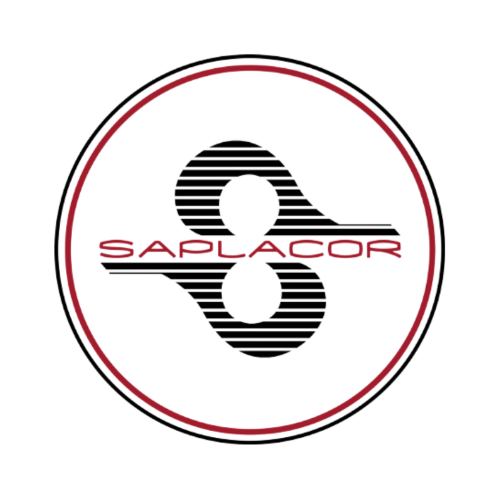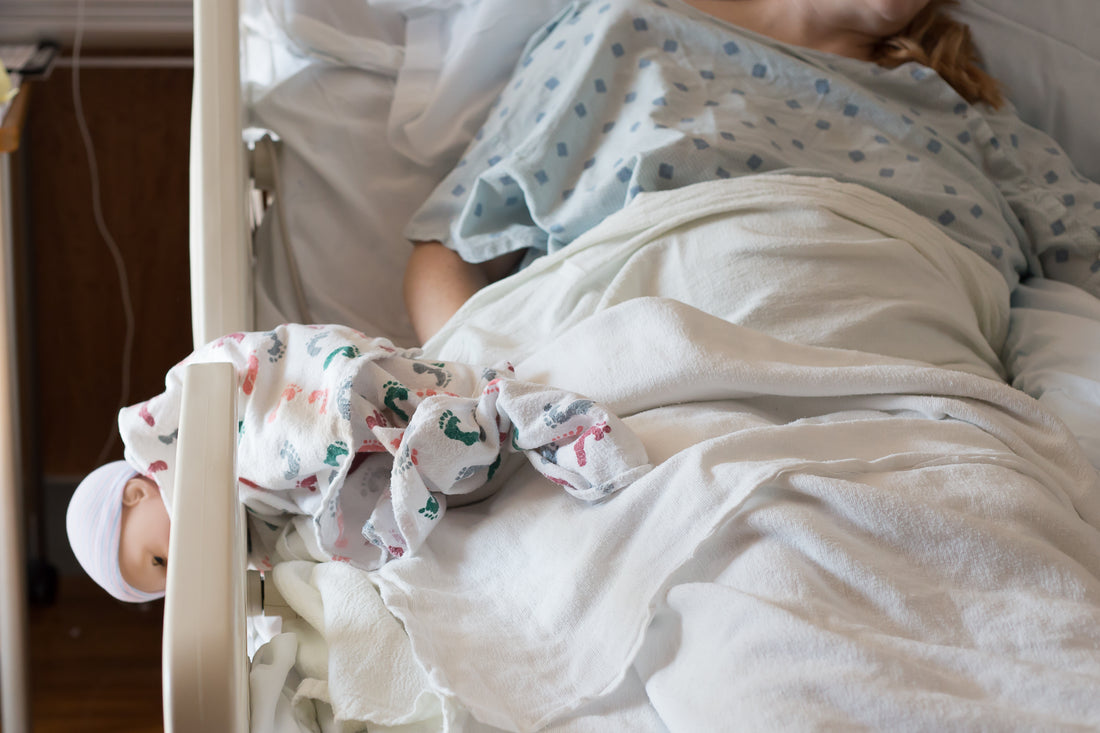Do you remember being so exhausted from pulling all-nighters for those final exams? You try and drink as much coffee as possible, keep all the lights on, or even try and keep the temperature cool or play music, but nothing ever stopped you from having that quick, split-second, micro-sleep. Your eyes closed for a split second, your head bowed, and your pen might have even fell out of your hand. You wake up immediately, but you realize that you had no control over that.
This same type of experience is happening in postpartum recovery, in hospitals and at home, all over the world. Except when these new (or veteran) moms have that quick micro-sleep, they're not just dropping a pencil: they are at risk of dropping their baby. Falling asleep like this is an uncontrollable physiological response.
With the nurseries closing down and the new introduction of Rooming-In, couplet-care, and "Baby Friendly" practices rolling in, there are immense benefits. Why? Because it all surrounds the same concept that the World Health Organization has been highlighting for decades: continuous skin-to-skin bonding.
However, while doing skin-to-skin, it is vital that the mother, or any wearer, is alert and active to properly hold baby onto their chest. This is the same for when moms are in the hospital recovering after going through intense childbirth.
The increase of oxytocin from skin-to-skin bonding is why Rooming-In and couplet-care has become so increasingly widespread in hospitals nationally in the US and globally for postpartum recovery.
This in tease of oxytocin has a major role in 1. the increase of breastfeeding rates and duration 2. increase of breast milk supply 3. decreased maternal and fetal stress 4. reduced risk of neonatal hypothermia/cold-stress 5. neonatal development 6. reduced risk of postpartum depression 7. reduces risk of postpartum hemorrhage... honestly, the list of studies surrounding the benefits goes on forever.
All of these physiological and psychological benefits are incredible, but there is a downside: oxytocin makes you want to fall asleep as well.
With that being said there has been a 600% increase to in-hospital baby drops/falls/slips within the last decade and 72.9% of those falls happen within the first 48 hours there in the hospital. Not all falls come from maternal fatigue, however it is a huge role in neonatal patient safety.
Some may say, "well the nurses are there to care for the baby." Well, yes, they are. However with these new couplet-care ratios mixed with understaffing issues, nurses can't be bedside watching baby at all times during the stay. We need to implement a new method to help these exhausted mothers and understaffed hospitals.
The solution is simple: The Aegis Neonate Medical Wrap. It is a product that has the ability to help an immense amount of overarching problems like: 1. facilitating safe skin-to-skin 2. breastfeeding safety and support 3. being of assistance to nurses and doctors 4. confutation of at-home skin-to-skin bonding and breastfeeding.
This baby wrap would allow the 60% of mothers who are suffering from postpartum fatigue to be able to keep their baby hands-free while reaping the immense benefits of skin to skin bonding. These exhausted mothers could still breastfeed within the wrap without having the fear of being so tired that they could potentially drop their baby by having one of those accidental micro-sleeps like we mentioned earlier with the studying. Only, this can of fatigue makes you wish you were studying for finals instead.
The Aegis Wrap also helps to give nurses a peace of mind as they are trying to care for their 1:3 or even 1:4 couplet-care ratios. Nurses can secure baby within the Aegis wrap, which is proper positioning per the American Academy of Pediatrics, and leave to tend to other patients rooming-in with their newborns without having the fear that their exhausted patient could potentially drop their baby during skin-to-skin bonding time.
*Aegis is not a co-sleeping device

